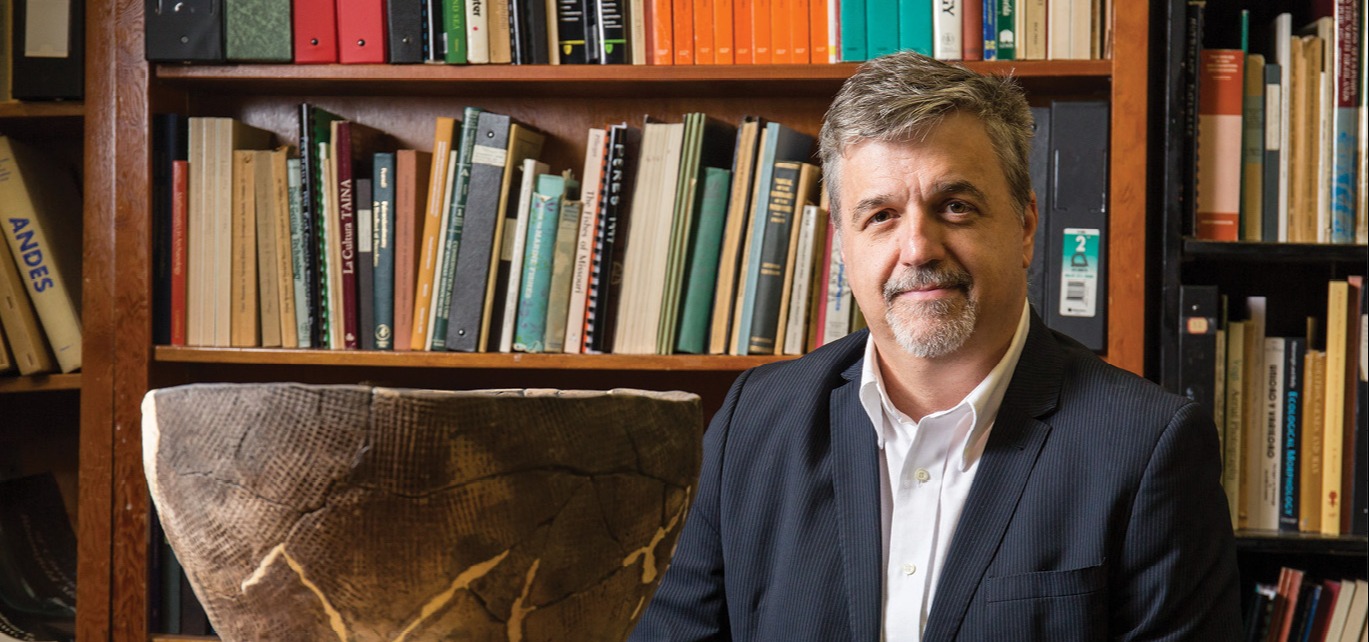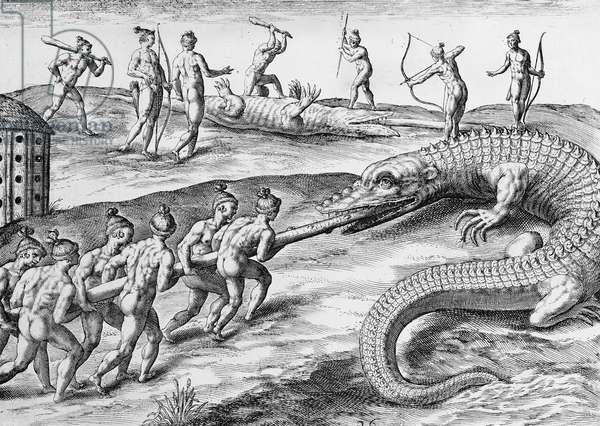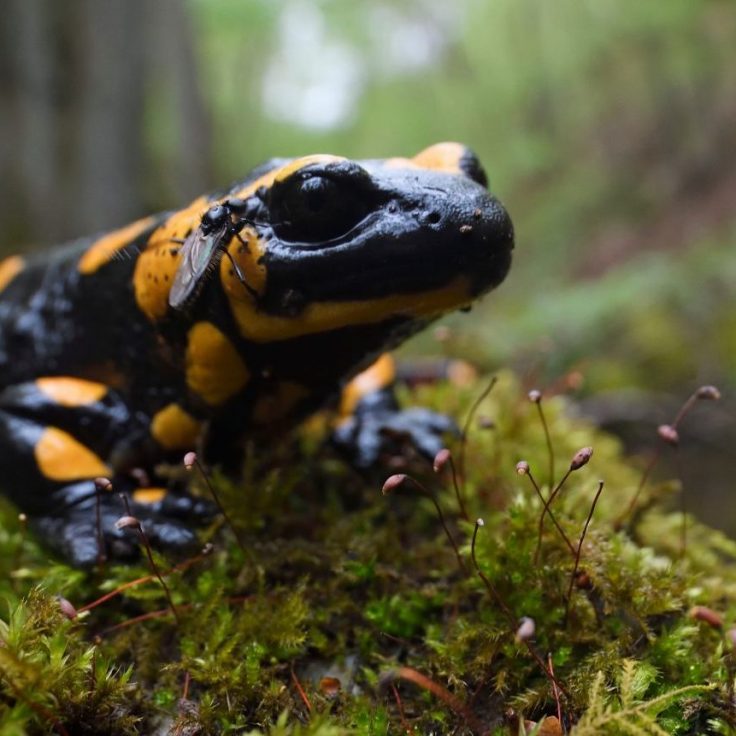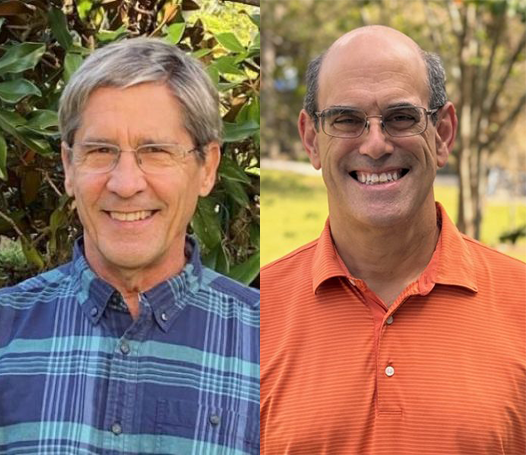
What’s in a Name? A History of ‘Ytori’
At first glance, Ytori might seem an odd choice of name for our publication — the title doesn’t quite roll off the tongue. Over the years, the befuddled questions from our readers have remained steady and constant.
But Ytori is a poignant homage to the original residents of our campus. It captures the university’s history, honors Florida’s native peoples, and celebrates our school spirit. It also honors a language not spoken for the past 200 years.
Centuries before the arrival of Europeans and long before backpack-laden students first roamed the lands, an Indigenous tribe called the Timucua inhabited North Florida. By 1800, the tribe was devastated by European impacts, with descendants of Timucua integrated into other ethnic groups.
Although there are no longer any speakers of the Timucua language, Elling Eide Professor of Anthropology and Chair of the Department of Linguistics GEORGE AARON BROADWELL carries on their legacy, preserving the pieces left behind.
As one of the few scholars in the world versed in the Timucua language, Broadwell eagerly proposed a few words as the college brainstormed options in preparation for the magazine’s inaugural issue in 2016. He offered the winning name: Ytori.
It’s a translation of the word for “alligator” in Timucua.
“It’s the perfect name for our college magazine,” Broadwell said. “There has been a long, significant history of interactions between humans and gators in Florida for as long as we have records.”
Ytori acknowledges a thread of continuity running between our modern society and that of our predecessors: Today, Gator fans have adopted the toothy reptile as a mascot of athletic prowess. The alligator also served as a powerful representation of strength in Timucuan society — so much so that the word took on a second symbolic meaning of “grandfather” or “godfather,” according to Broadwell.

Broadwell has developed a close familiarity with each word in the Timucua language. He has pored over historical manuscripts and books over the past five years, noting patterns in the texts. In no small feat, he has successfully reconstructed a complete grammar of the Timucua. The resulting volume, Timucua Language: A Text-Based Reference Grammar, will be published next year.
Apart from its linguistic value, Broadwell hopes the new analysis will expand Floridians’ perspectives on the state’s history and encourage a deeper understanding of the Indigenous cultures of native Florida.
“For the first time in hundreds of years, we’re now able to read Timucua language as it was originally expressed,” he said. “It’s a real breakthrough.”
Read more about Broadwell’s work on Timucua language in a recent Smithsonian interview here.


